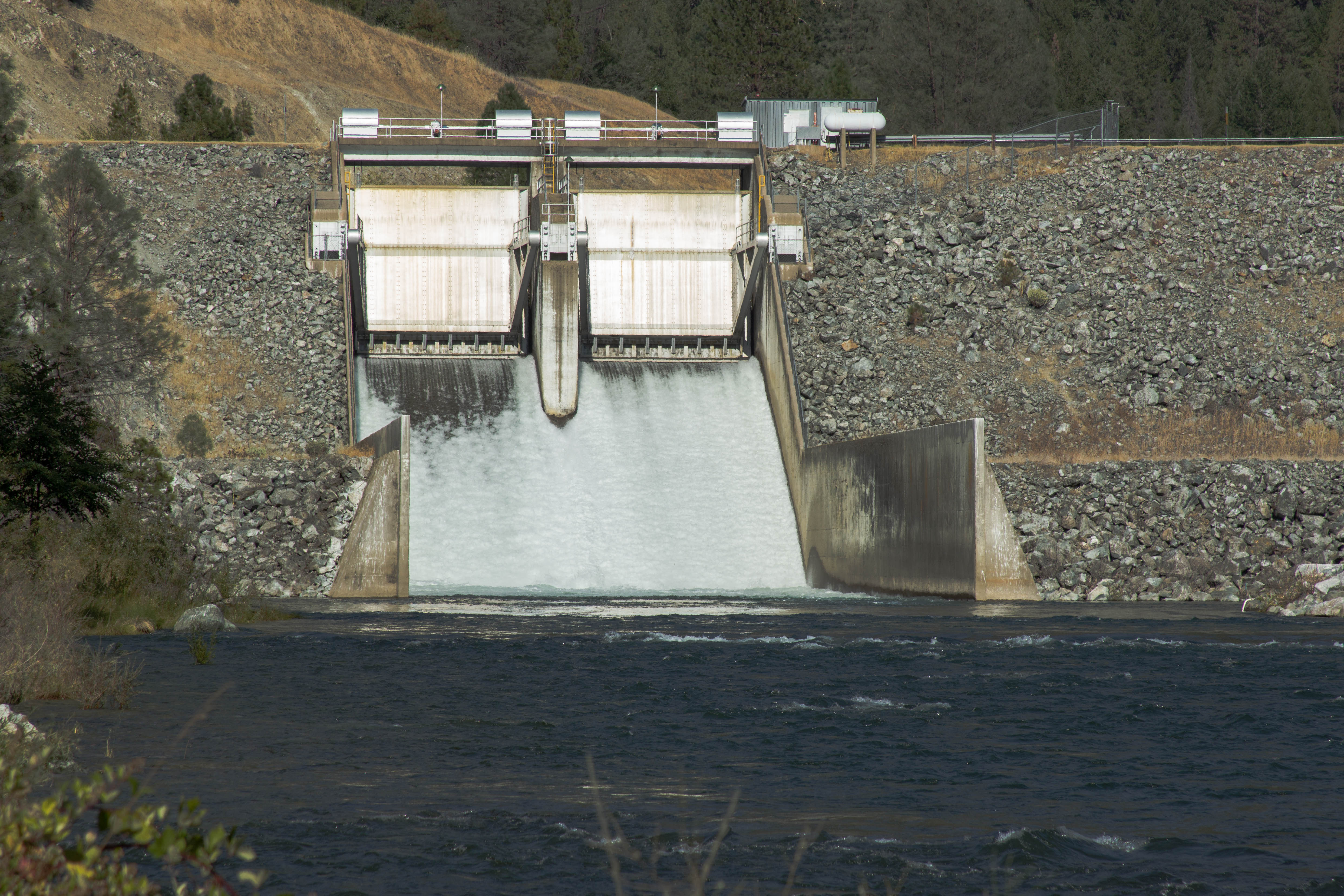A federal judge in Fresno has ruled that the U.S. Bureau of Reclamation did not violate the law when it made special reservoir releases last year to help salmon in Northern California's Klamath River survive the drought rather than save the water for farms.
But U.S. District Judge Lawrence J. O'Neill wrote in his ruling Wednesday that the next time the U.S. Bureau of Reclamation wants to release Trinity Lake water for Klamath River salmon, it needs to cite a better legal authority.
The Westlands Water District and the San Louis & Delta-Mendota Water Authority in the San Joaquin Valley had sued the bureau to stop the releases, arguing the water should have been saved for farms facing the drought.
As the drought continued this year, the bureau has again made special releases for Klamath salmon, which the judge also refused to stop, finding that the potential harm from drought to salmon right now was greater than the potential harm to farms next year.
The Trinity River is the biggest tributary of the Klamath River, where tens of thousands of adult salmon died from disease in low water conditions in 2002. Since the 1960s, a major portion of the water from Trinity Reservoir has been diverted to the Central Valley Project, where it helps to irrigate farms. The 1955 law authorizing the diversion contains a provision that the government maintain a minimum flow in the Trinity river to sustain fish and wildlife.
